CBS receives funding to make entrepreneurial dreams come true
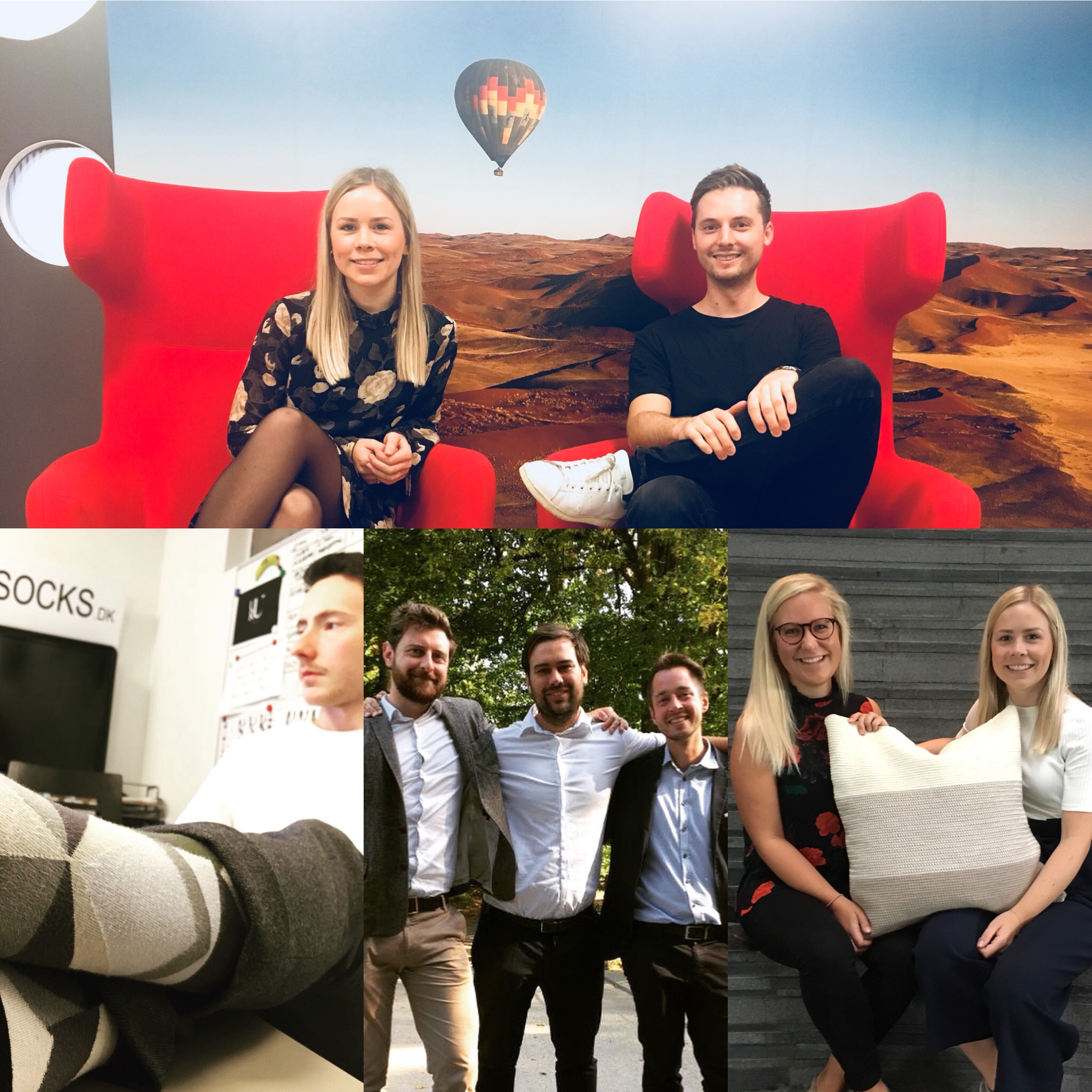
From February, more students will be able to start-up their own company with help from CSE, as they just recieved DKK 9.6 million to help the students. (Photo: Anne M. Lykkegaard)
More students from CBS, University of Copenhagen, Aarhus University and Aalborg University will get the opportunity to fulfill their dreams of starting their own company, as the universities will receive DKK 9.6 million to incubate more entrepreneurs. According to Copenhagen School of Entrepreneurship, the best possible time to start a business is during your studies.
The Ministry of Industry, Business and Financial Affairs and the European Social Fund have granted DKK 21 million for two projects, which aim to increase the number of students who start up their own company.
DKK 9.6 million of the grant goes to CBS, University of Copenhagen, Aarhus University, and Aalborg University, who together with the Danish Foundation for Entrepreneurship applied for the grant with the three-year project named ‘Start-up in Practice’.
“Since before Christmas, we have known that CBS along with Copenhagen, Aarhus and Aalborg University received the grant. It’s just so awesome and important, as it gives us the opportunity to give more students access to Copenhagen School of Entrepreneurship and the activities, we run here,” says Britta Ravn Bjerglund, Business Developer at the Copenhagen School of Entrepreneurship. (Fact box)
The grant comes at the right moment, since Britta Ravn Bjerglund and Mads Løntoft, Business Developer at CSE, both are experiencing a huge change in the interest from students in doing a start-up, as they ask for more opportunities to get help starting up a business. And this might have something to do with the generation of students.
“More and more students think of entrepreneurship as a career opportunity. It is not as risky to start a company today, as it was just five or ten years ago. And then it has also something to do with the way the Millennials think. They want to change the world to the better. It’s not only about earning money and having a safe and secure job anymore,” she says.
Mads Løntoft adds:
“The universities and society have the students and entrepreneurs in mind these days, so it’s way easier to start up a company, and doing it while you study is just a good time. You don’t risk as much if your company doesn’t work out, as you aren’t financially dependent on it, as most students get SU and have a student job on the side. It’s more risk free to start up a company while you’re in school than later,” he says.
Competitive entrepreneurs
The ‘Start-up in Practice’ project is running from the 1st of February 2018 and three years onwards, and at CSE the money will be spent on expanding the ECTS initiatives that we are already running now. This includes for example telling more students about the possibility of doing an internship in their a CSE approved start-up and get ECTS for it.
Read also: They are their own interns
According to a press release from the Ministry of Industry, Business and Financial Affairs, the grant focuses on teaching in entrepreneurship, since entrepreneurs are crucial to Denmark’s competitive power internationally, the Minister for Industry, Business and Financial Affairs Brian Mikkelsen (V) points out in the press release.
“If Denmark henceforward wants to be well placed in relation to competitive power internationally, it is crucial that we have a strong enterprise culture. It is therefore of great value that we together with the European Social Fund invest in motivating Danish students to start and become successful as entrepreneurs,” he says.
Every year, more than 150 teams of start-ups take part in activities at CSE in order to develop their businesses, and this number might as well increase the coming years. But CSE is not only about incubating more entrepreneurs.
“Our job isn’t solely to produce more entrepreneurs, but to give the students a practical experience, something which is a little harder to acquire through CBS, unless you actively apply for an internship. But we can give the students that practical experience here at CSE,” says Mads Løntoft.
Britta Ravn Bjerglund adds:
“Just like the other universities have laboratories, we have one too; CSE. We don’t have big machines or 3D-printers, but in our lab, students can test a marketing strategy, which they have been taught in theory in a marketing or branding course at CBS, in practice,” she says.



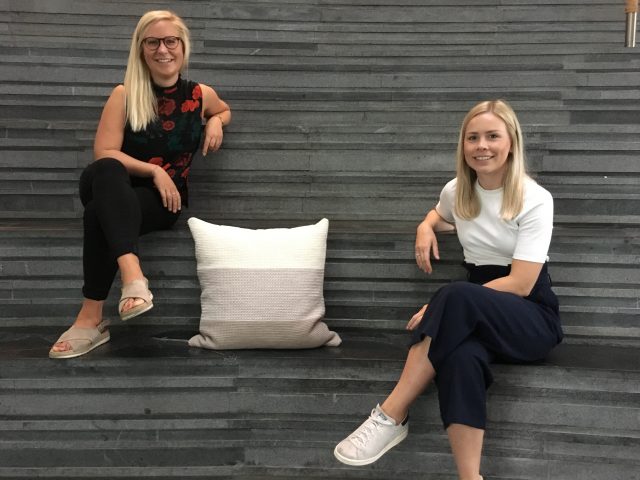
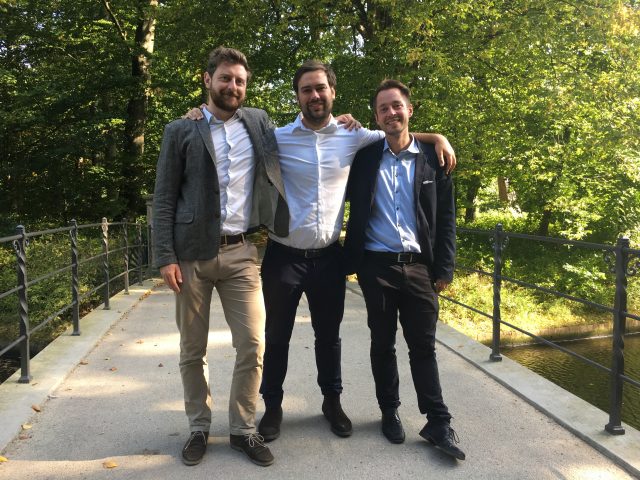
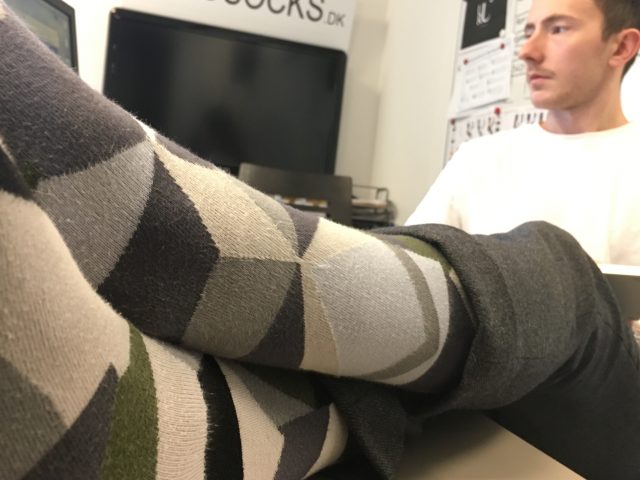
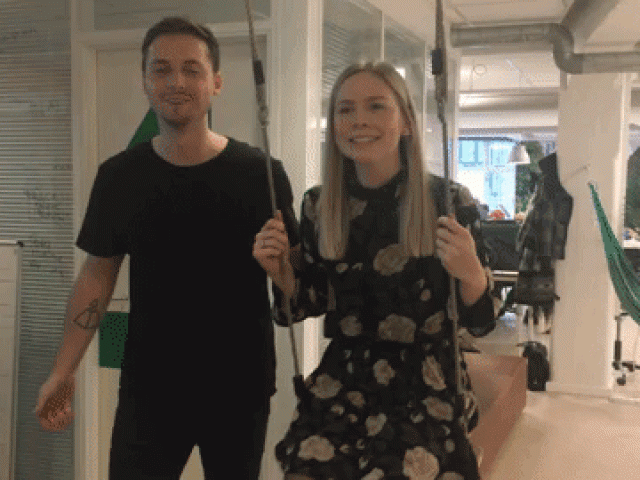
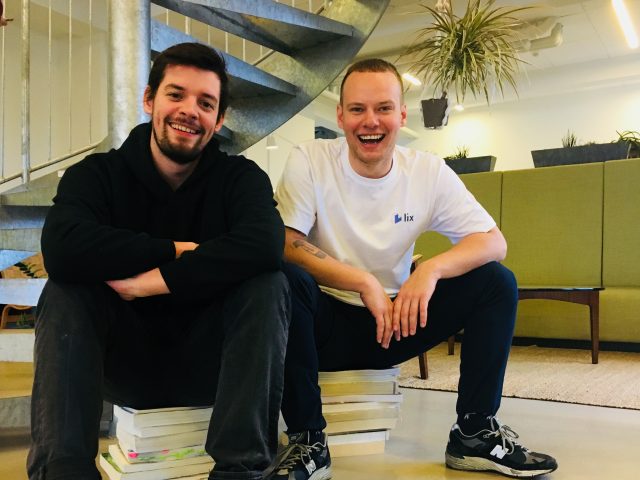
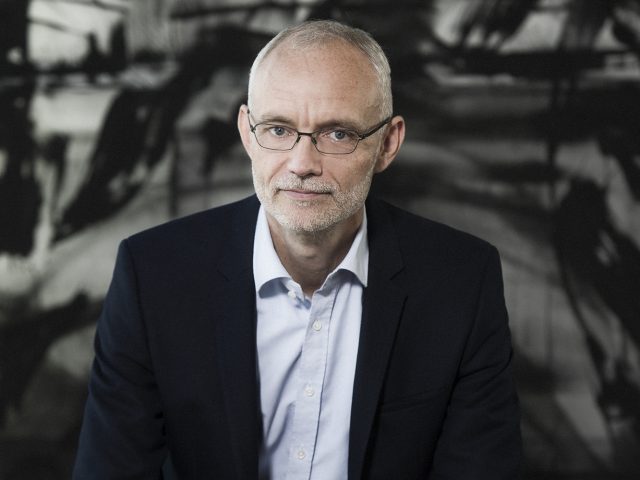




























































































































Comments